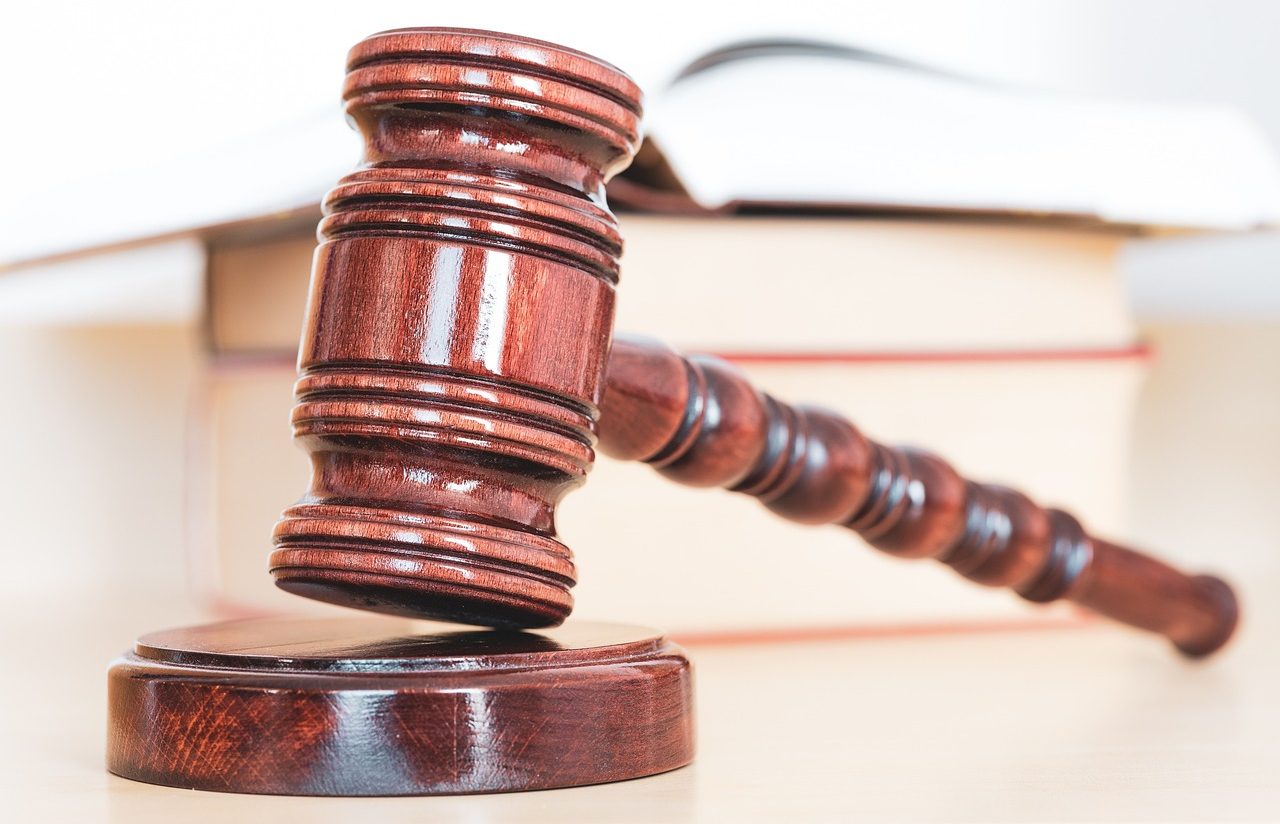
The president of a country is obliged to respect the Constitution.
Constitution is the action and effect of constituting (forming, founding, composing, erecting). The constitution - a term from the Latin constitutio - is the essence of something that constitutes it as it is and differentiates it from other things .
For example: "This table has a solid constitution thanks to the excellent quality of its wood" , "This is a beautiful house in terms of its external appearance, but it fails in its constitution, due to the materials used" , "I am working in the constitution of a commercial company to distribute foreign products in my city .
The Constitution , written with a capital letter, is the set of fundamental norms of a sovereign State , which are usually expressed in writing and set the limits and relationships between state powers and between them and citizens, giving shape to a State of right .
The Magna Carta
The Executive Branch , the Legislative Branch and the Judicial Branch , therefore, act according to the parameters established by the Constitution. This means that the Magna Carta (another name for the Constitution) guarantees civil liberties and fundamental rights of citizens through the separation of powers and other mechanisms.
The violation of the Constitution is a blow to the democracy of a country. For this reason, dictatorships usually take as one of their first measures the abolition of the Constitution, annulling criteria of legality and preventing the free administration of justice.
In a territory without a Constitution, there is no defense of human rights or tools to guarantee the transparency of government acts (the obligation of accountability is nullified, for example). The self-determination of the people, likewise, is restricted: there are no mechanisms or processes that allow them to participate in elections with controlled votes to elect representatives or make decisions.
The absence of a Constitution, on the other hand, opens the door to abuses by the State in matters of defense or security. Without control mechanisms, the police or armed forces can attack citizens by order of political power.
It should be noted that constitutional law is the branch of public law that analyzes the fundamental laws that define the State and govern the system of government .

The body with jurisdiction to interpret and enforce the Constitution is the constitutional court.
Types of Constitution
According to their political origin, it is possible to distinguish between different types of constitutions:
- Granted : they receive this name because they are granted by the sovereign to the people, in the context of a monarchy. In this case, the monarch has the power to decide "what is best for his people" and it is through the Constitution that expresses this in writing, along with the recognition of their rights.
- Imposed : This is a Constitution that Parliament (understood as the political parties of a country or the power groups that merge into a single body) imposes on the monarch. Unlike the previous case, it is the representation of the people that records their needs and desires to the governor, who has the obligation to consider them. In short, through imposed constitutions, society is given the possibility of actively participating in making essential decisions.
- Agreed upon : they revolve around the idea of consensus since there is no party that grants or imposes them, since this would undermine their legitimate quality. These are multilateral documents, which record the will and criteria of two or more members. As happens with an employment contract, they arise from the mutual understanding and acceptance of their proposals , and can occur between provinces, regions and other administrations. Its creation implies a higher evolutionary level of policy with respect to the aforementioned types and a strong commitment to the concept of social pact . Even when it occurs in a monarchical State, an agreed Constitution recognizes the governed as a sovereign people and not as subjects.
- Approved by the will of the sovereignty of the people : this type of Constitution is born from society itself and is usually characteristic of a republic. For this purpose, an assembly is usually organized, which aims to allow citizens to demonstrate freely. In this case there is no pact, but rather it is the product of the strength of the people, who manage to establish their rights and obligations.

The Constitution establishes what the official language of a State is.
City and neighborhood
Constitution , finally, is the name of different administrative entities found in South American countries.
In this framework, it is a city in the Province of Talca ( Chile ) and a neighborhood in the city of Buenos Aires ( Argentina ) that houses an important railway station.
The city of Constitución , which is also a commune, has more than 46,000 inhabitants. In 2010, the town was affected by an earthquake followed by a tsunami that left 60 dead and 300 missing.
The Argentine neighborhood, meanwhile, is part of Commune 1 and stands out for its transportation infrastructure. Social problems, with stolen houses, illegal sales and high rates of theft, affect the daily lives of its neighbors.
